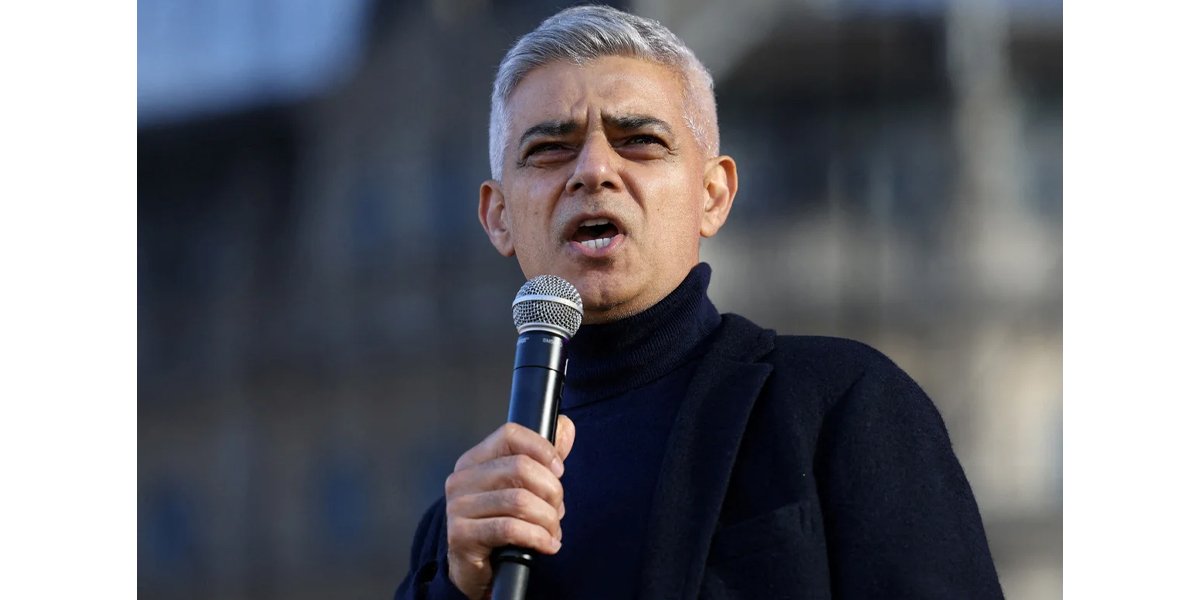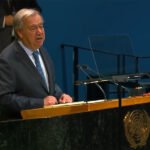AFP: US President Donald Trump has reignited controversy by claiming that London is moving towards “Sharia law” under its current mayor, Sir Sadiq Khan.
The remark, made during his address to the United Nations General Assembly in New York on Tuesday, has drawn sharp criticism from British lawmakers and civil society, the BBC reported.
“I look at London, where you have a terrible mayor — terrible, terrible mayor — and it’s been changed, it’s been so changed,” Trump said.
“Now they want to go to Sharia law. But you are in a different country, you can’t do that,” he said.
A spokesperson for Mayor Sadiq Khan responded, “We are not going to dignify his appalling and bigoted comments with a response.”
The statement added, “London is the greatest city in the world, safer than major US cities, and we’re delighted to welcome the record number of US citizens moving here.”
Trump has repeatedly targeted Khan since 2015, when the Labour politician criticised his proposal to ban Muslims from entering the US.
During a recent state visit, Trump described Khan as “among the worst mayors in the world” and claimed to have requested his exclusion from official events, including a state banquet hosted by the King at Windsor Castle.
Khan, who did not attend the banquet, said he was “indifferent to President Trump” and had “more important things to worry about.”
In 2019, Trump called Khan “a stone-cold loser,” prompting the mayor to accuse him of fuelling far-right sentiment.
Following Trump’s latest remarks, several Labour MPs defended Khan. Health Secretary Wes Streeting said, “He’s not trying to impose Sharia law on London. He’s a mayor who marches with Pride, stands up for difference, and focuses on improving our transport, air, streets, safety, and opportunities.”
MP Rupa Huq described Trump’s comments as “blatant bare-faced lies,” while Rosena Allin-Khan, Khan’s successor as MP for Tooting, called for the US ambassador to be summoned over the remarks.
According to BBC Verify, Trump’s claim is unfounded. While Sharia councils do exist in the UK — an estimated 85 as of 2009 — their rulings are not legally binding. These councils typically handle religious matters such as marriage arbitration and financial disputes within Muslim communities.







